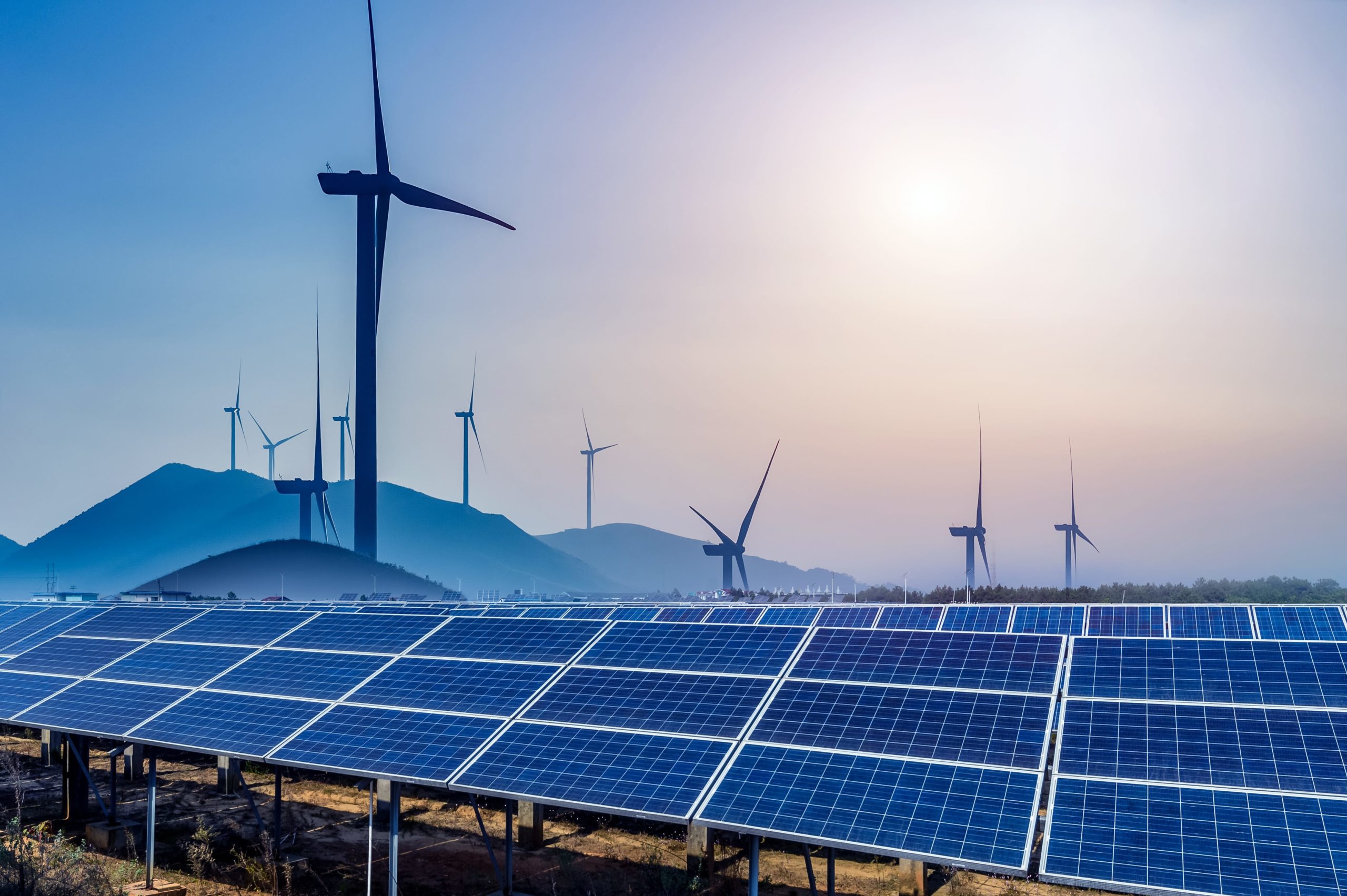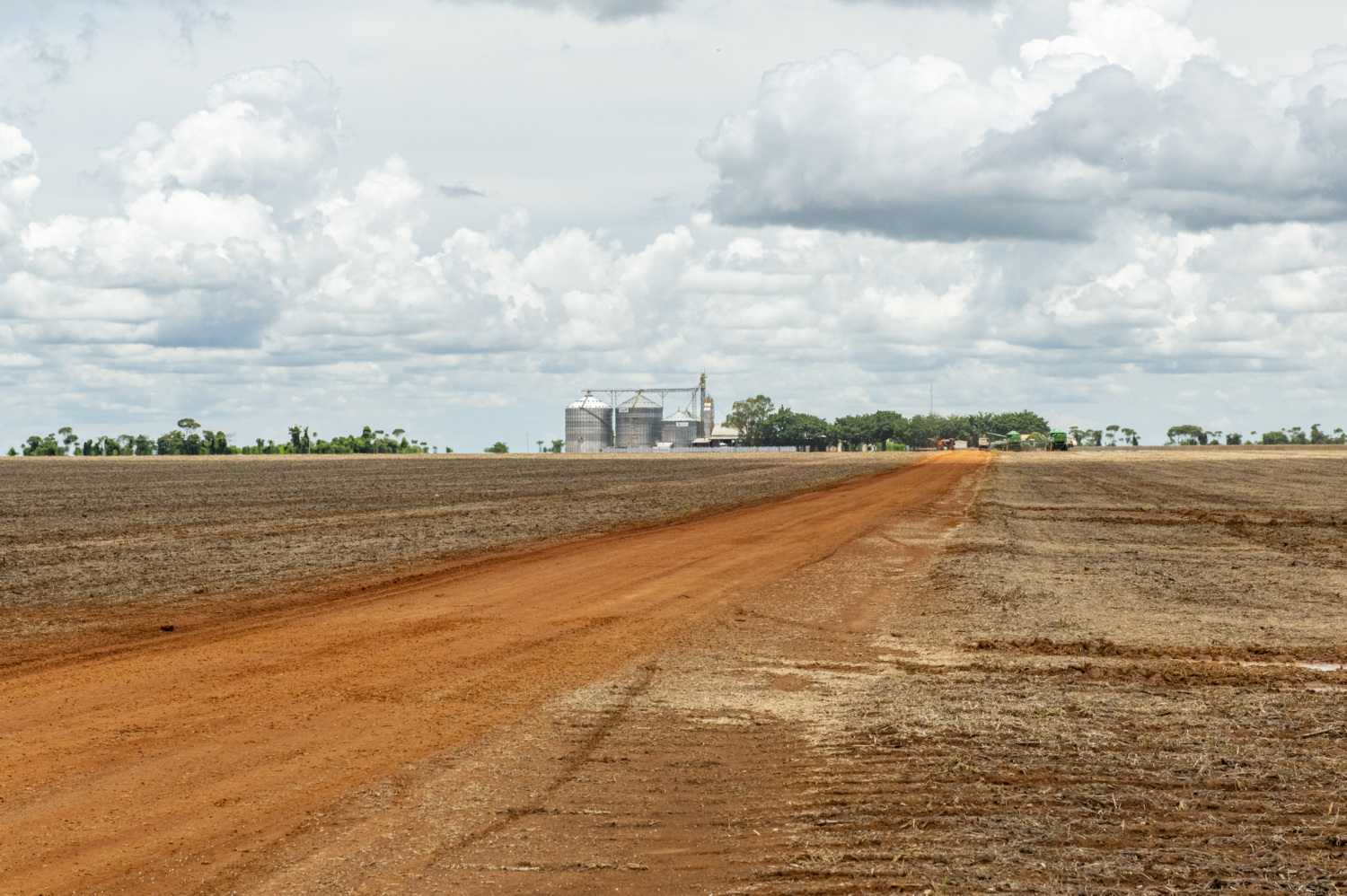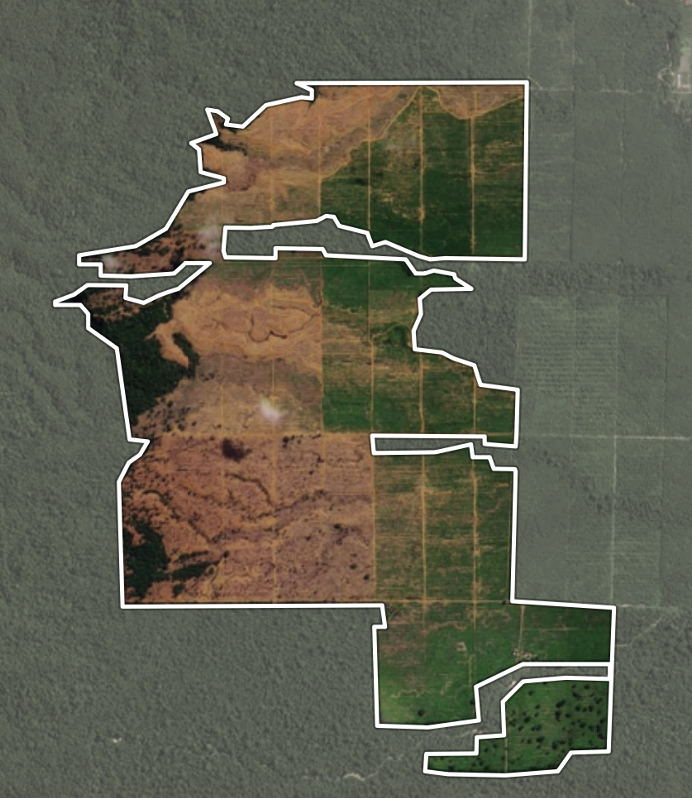
Iowa activists urge presidential candidates to reject food-based biofuels

Iowa activists urge presidential candidates to reject food-based biofuels
Today, environmental advocacy organization Mighty Earth launched a new effort to urge the 2020 presidential candidates and political leaders to reject food-based biofuels as a viable solution to climate change. The campaign, called “Real Climate Action: Better than Biofuels,” is working with local volunteers, activists, and community leaders in Des Moines, Iowa City, and Davenport to draw attention to the environmental harm that biofuels cause and promote more effective climate solutions.
Historically, in Iowa, the top biofuel-producing state in the country, most presidential candidates and political leaders have been pressured to embrace policies supporting food-based biofuels. However, research has shown that diverting food crops for corn ethanol and soy biodiesel production has led to massive environmental destruction, water pollution, and actually increased climate emissions. Biofuels, long touted as an environmentally responsible policy, have proven to be a climate disaster.
“This is a prime chance for candidates to distance themselves from the green-washing efforts of corporate agribusiness and embrace a vision for the Midwest that includes real solutions to climate change,” said Rose Garr, senior campaign director at Mighty Earth. “Iowa is perfectly poised to be a leading producer of clean electricity from wind and solar power — Iowa doesn’t need biofuels to have a vibrant economy.I hope that this year’s crop of candidates will see food-based biofuels for the mistake that they are and provide courageous leadership toward the solutions that we know will work.”
“There’s no getting around it: most biofuels are dirty. Even though they’re widely perceived to be sustainable, they cause more harm than good,” said Sarah Starman, lead organizer for Mighty Earth in Des Moines. “The continual expansion of corn and soy production not only accelerates climate change, but also destroys wildlife habitat in Iowa and across the Midwest. Iowa voters and caucus-goers will be looking for political leaders who acknowledge this reality.”
Since the Renewable Fuel Standard was enacted in 2007, more than 7 million acres of natural landscapes and wildlife habitat have been converted to corn and soy production in the United States. The climate emissions resulting from this conversion are equivalent to the annual carbon dioxide pollution from 34 coal-fired power plants. In fact, government and academic reports have shown that food-based biofuels are more polluting than fossil fuels when land conversion is considered.
Aside from causing climate pollution and habitat destruction, the intensive agricultural practices and increased scope of crop production for food-based biofuels also exacerbate agricultural runoff, contaminating drinking water and burdening local water authorities. The Des Moines Water Works, for example, is spending $15 million to double the capacity of its nitrate removal equipment due to increased levels of this toxin in the city’s drinking water sources.
“I’m hoping that the presidential candidates and local political leaders take a hard look at the harm that biofuels have caused,” Starman said. “Our leaders should join us in calling for real solutions that are better for both the economy and climate in the long-term.”
* * * *
Contact: Liviya James, [email protected]
About Mighty Earth: Mighty Earth is a global campaign organization that works to protect tropical forests, oceans, and the climate. More atwww.MightyEarth.org/Iowa.


